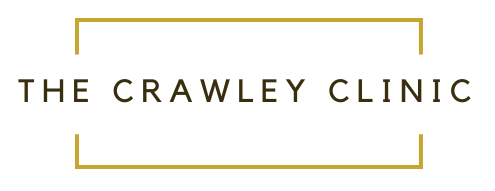Jean Hailes Women’s Health Week is a week dedicated to all women across Australia to make good health a priority. Jean Hailes for Women’s Health saw an opportunity to create this event in 2013 and have promoted this week annually since, in honour of the extraordinary medical practitioner, Dr Jean Hailes. Jean had a far-sighted vision to improve the quality of women’s lives and give them practical information based on the best available evidence. She is credited with being the pioneer of menopause management in Australia and accomplished so much more in her career over the 1960s-80s.
Women’s Health Week is now a permanent feature on the Australian calendar taking place in the first week of September. There are many topics that are uncovered over this week, such as female organ care, the importance of cardiovascular health, financial stress around healthcare and mental health. It is just as important to ‘checkup’ on your mental health as it is to keep an eye on your physical health.
Taking care of your mental and emotional health is important throughout your whole life, but it’s important to recognise that there are particular periods in life when mental health issues are more likely to be prevalent;
- Pregnancy and early parenthood–
It is almost impossible to fully prepare mentally for pregnancy, to give birth and to become a parent. These are deeply personal experiences and are different for everyone. Your life changes and it is a different challenge to anything you’ve experienced, often joyous and exciting, but can also bring on anxiety or depression.
- At midlife–
They don’t call it a midlife crisis for nothing! Around menopause, many things are changing – not just your hormones. However, your fluctuating hormones have a large part in your emotional rollercoaster, which can range from a high of joy to a low of sadness and everything in between.
- Caring for or supporting others –
Over two thirds of primary carers are women, caring for partners, parents and children. While this is a choice to many, managing work and home demands can have an impact on physical and mental health, financial security and independence.
It is normal feel strong emotions during these life stages, but it is important to reach out for professional help when you feel emotionally stuck. By helping you manage symptoms of stress, anxiety, depression, or other difficulties you may be facing, a mental health professional can help you get back on track.
Now more than ever it is important to keep our own wellbeing front of mind, so don’t be afraid to reach out!
